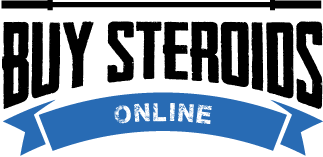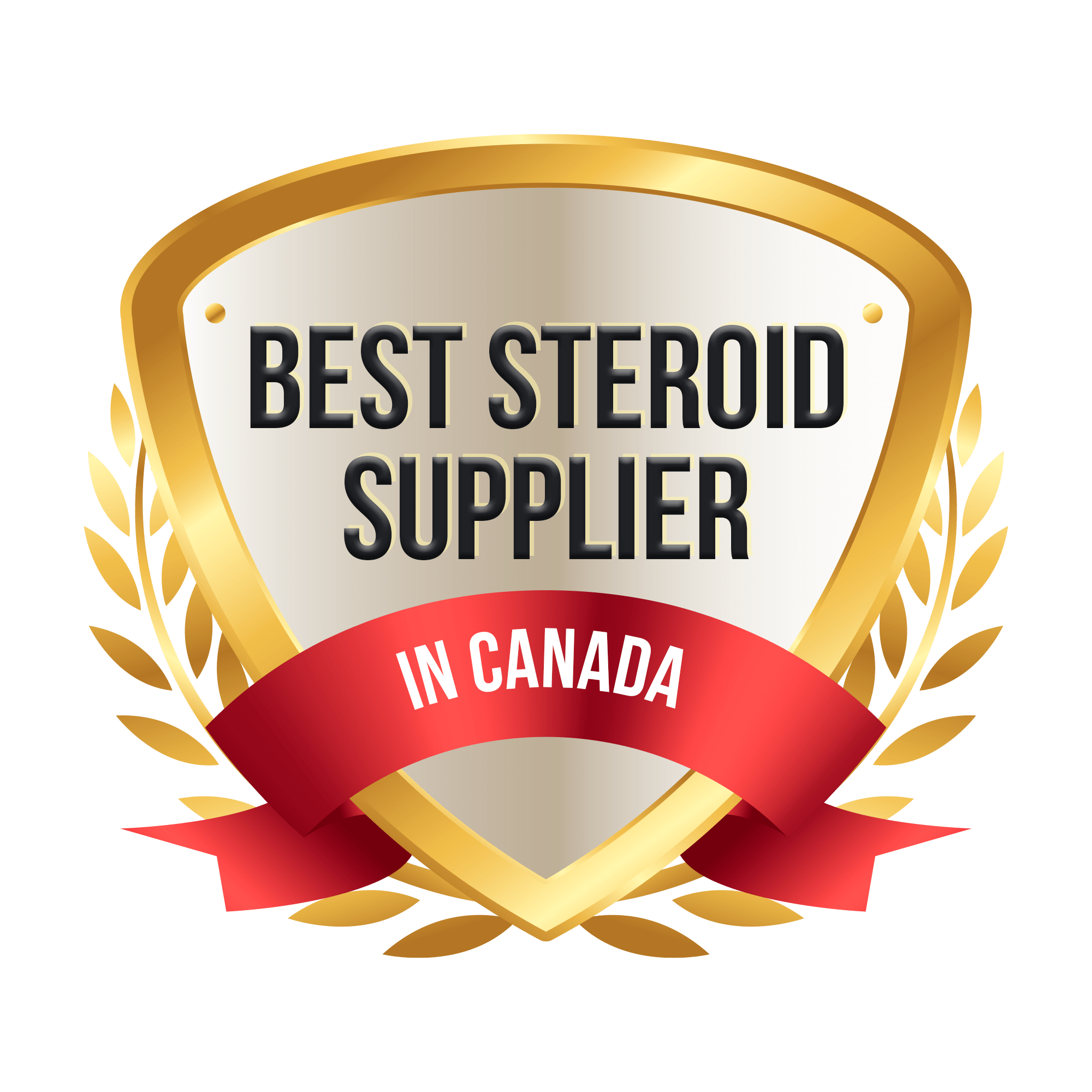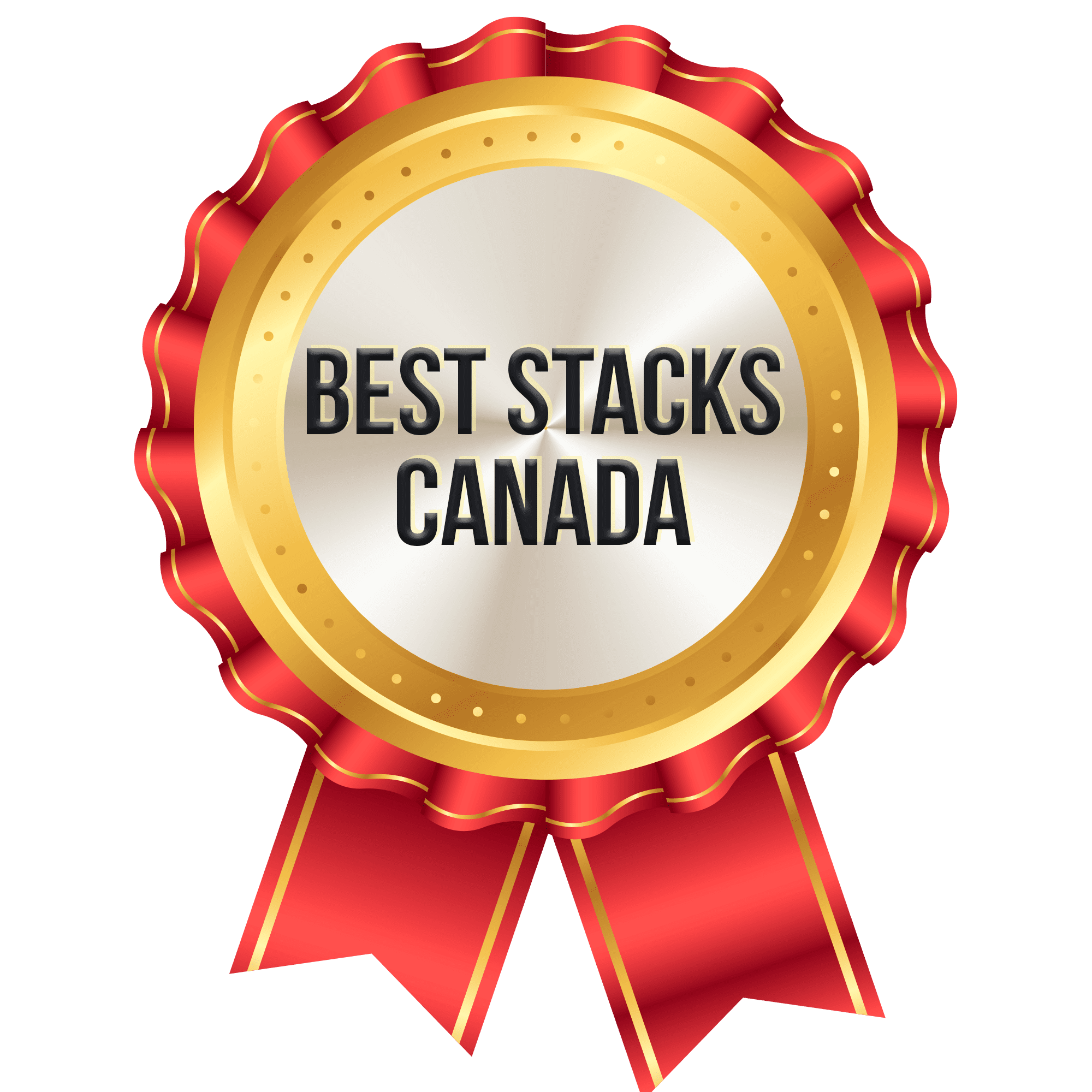Testosterone suppression involves deliberately lowering testosterone levels in the body, commonly utilized in the management of conditions like prostate cancer and gender dysphoria. In the context of advanced prostate cancer, reducing testosterone aids in inhibiting the growth of cancer cells, while for transgender individuals, it assists in aligning secondary sexual characteristics with their gender identity.
Effective management strategies often include the use of medications such as hormone blockers or androgen deprivation therapy, with healthcare professionals overseeing the process to ensure optimal outcomes and minimize potential side effects.
What is Testosterone Suppression?
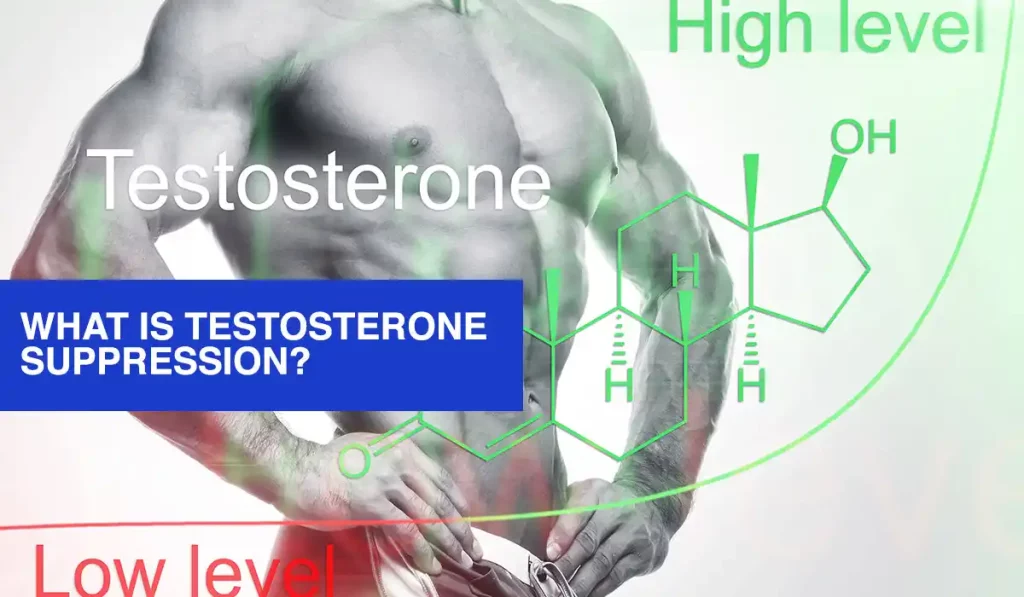
Testosterone suppression involves deliberately lowering testosterone levels in the body, typically done for medical reasons or as part of transgender hormone therapy, according to journals.ohysiology.org. This approach is employed to induce specific changes in secondary sexual characteristics, fostering the development of a more feminine appearance, for instance.
Hormone therapies, which may include the use of anti-androgens, are commonly utilized to achieve testosterone suppression, aiming to alleviate the hormone’s effects in the target population.
Improper use of anabolic steroids can cause a notable decrease in testosterone levels when not guided appropriately. This hormonal disruption may negatively impact reproductive health, mood, and overall physiological balance.
Testosterone Suppression caused by TRT or AAS
Testosterone Replacement Therapy (TRT) or the use of Anabolic Androgenic Steroids (AAS) can induce testosterone suppression via intricate negative feedback mechanisms within the endocrine system. The introduction of exogenous testosterone or synthetic androgens triggers a response wherein the body signals the hypothalamus and pituitary gland to decrease the natural production of testosterone.
This suppression is a regulatory mechanism aimed at preserving hormonal equilibrium, leading to a reduction in endogenous testosterone production and potential implications for long-term hormonal balance.
What are the symptoms of Androgen suppression?
The symptoms of Androgen suppression include lower sex drive or loss of libido, erection problems, hot flashes and night sweats, fatigue, weight gain, loss of muscle mass and bone density, poor memory and physical unsteadiness, depression, and increased risk of cardiovascular disease.
- Lower Sex Drive or Loss of Libido: Androgen Impairment Syndrome often presents with a diminished sex drive or loss of libido, causing challenges in sexual arousal and satisfaction and impacting intimate relationships.
- Erection Problems: Erection problems are a notable symptom, as individuals with androgen impairment may encounter difficulties in achieving or sustaining a firm erection, affecting both sexual function and overall well-being.
- Hot Flushes and Night Sweats: Hot flushes and night sweats may disrupt sleep patterns and induce discomfort, contributing to fatigue and an overall decline in health and vitality.
- Fatigue: Fatigue is a common complaint among those with androgen impairment, influencing daily functioning and exacerbating symptoms like poor memory and physical instability.
- Weight Gain: Weight gain is often observed, potentially linked to metabolic changes and hormonal imbalances, further complicating efforts to maintain a healthy body weight.
- Loss of Muscle Mass and Bone Density: A decrease in bone density and muscle loss, coupled with muscle weakness, may increase susceptibility to fractures and falls, impacting overall physical health and mobility.
- Poor Memory and Physical Unsteadiness: Poor memory and physical instability are cognitive and motor symptoms that significantly affect daily activities, creating challenges in work and personal life.
- Depression: Depression is a prevalent psychological symptom associated with androgen impairment, stemming from hormonal imbalances and the impact of physical and cognitive symptoms on mental well-being.
- Increased Risk Of Cardiovascular Disease: Increased risk of cardiovascular disease is a significant concern, as androgen impairment may contribute to adverse changes in lipid profiles and other cardiovascular risk factors.
Related: Side Effects of Testosterone Shots
Effects of Testosterone Suppression in our body
The effects of testosterone suppression in our body can result in diminished muscle mass and strength, as testosterone plays a vital role in muscle protein synthesis. Furthermore, lower testosterone levels may contribute to a decrease in bone density, elevating the risk of osteoporosis and fractures.
In addition to the physical repercussions, individuals may undergo shifts in mood, energy levels, and libido due to hormonal imbalances resulting from testosterone suppression.
How to reduce Testosterone Suppression while on an Anabolic Steroid Cycle?
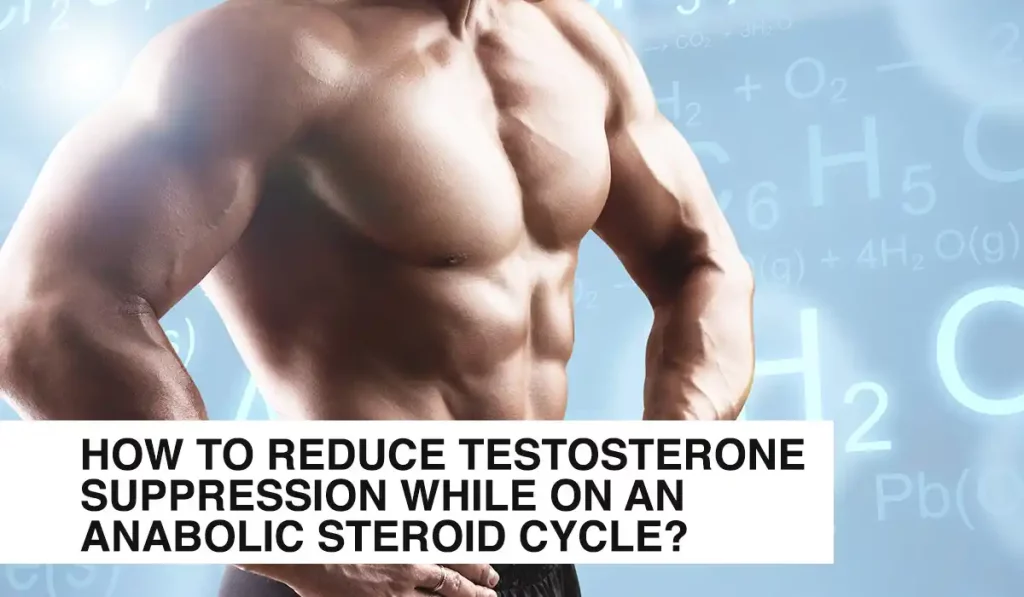
To Reduce Testosterone Suppression while on an Anabolic Steroid Cycle, it’s essential to implement effective post-cycle therapy (PCT). Selective Estrogen Receptor Modulators (SERMs) like Clomid or Nolvadex can stimulate the body’s natural testosterone production by blocking estrogen receptors in the pituitary gland.
Furthermore, ensuring a well-organized testosterone cycle with appropriate dosages and cycle lengths is crucial in minimizing the impact of testosterone suppression.
Bodybuilders aiming to maintain natural testosterone levels while using or after discontinuing steroids often incorporate strategies such as regular resistance training, adequate sleep, and a balanced nutrition plan rich in essential nutrients like zinc and vitamin D.
Additionally, implementing post-cycle therapy (PCT) protocols, which may include medications or supplements, is common to support the body’s natural hormone production and minimize potential side effects of steroid use.
Benefits of Testosterone suppression for certain medical conditions
There are three main benefits of Testosterone suppression, which can combat certain medical conditions, including locally advanced prostate cancer treatment, advanced breast cancer treatment, and endometriosis.
- Treat Prostate Cancer: Prostate cancer is often driven by androgens, including testosterone. ADT is pivotal in managing prostate cancer, particularly in advanced or metastatic stages. By lowering testosterone levels, ADT seeks to decelerate the growth and dissemination of hormone-sensitive prostate cancer cells, offering a soothing impact and enhancing the patient’s quality of life.
- Advanced Breast Cancer Treatment: In cases of advanced breast cancer with hormone-receptor-positive tumour cells, testosterone suppression may be employed to impede cancer cell growth. Hormone therapy, including the reduction of testosterone levels, can be a valuable adjunct to the treatment plan for certain breast cancer patients.
- Endometriosis: Testosterone suppression finds application in managing endometriosis, a condition where tissue similar to the uterine lining grows outside the uterus. By suppressing testosterone, which contributes to estrogen production, this therapy aims to alleviate endometriosis symptoms and curtail abnormal tissue growth.
FAQs
How do you suppress testosterone?
Testosterone Replacement Therapy (TRT) and certain food habits like consuming processed food, alcohol, and soy-based products can suppress testosterone in the body.
What drugs are used to suppress testosterone?
Luteinizing hormone-releasing hormone (LHRH) is a drug used to suppress testosterone.
Does testosterone return to normal after anabolic steroids?
Yes, testosterone returns to normal after anabolic steroids, but it can take 4 months or more.
Do steroids stop testosterone production?
Yes, prolonged steroid use can lead to a suppression of endogenous testosterone production in the body.
Why do anabolic steroids cause hypogonadism?
Anabolic steroids cause hypogonadism by inhibiting the body’s natural synthesis of testosterone, resulting in testicular shrinkage and a reduction in the production of endogenous hormones.
Does TRT suppress LH and FSH?
Yes, TRT suppresses (LH) and follicle-stimulating hormone (FSH) by exerting negative feedback on the hypothalamus and pituitary gland.
Does TRT suppress estrogen?
Yes, TRT may suppress estrogen levels as testosterone can convert to estrogen through aromatization, but the degree of suppression varies individually and is influenced by the specific TRT regimen.
Final Thoughts
Testosterone Suppression is a vital aspect in medical contexts such as gender transition or prostate cancer treatment, though it may entail side effects like reduced libido and mood fluctuations. Despite these challenges, the advantages of testosterone suppression often surpass the downsides, leading to enhanced overall well-being.
Successful management involves consistent monitoring, personalized treatment approaches, and transparent communication with healthcare providers to optimize both physical and emotional health.
References:
- Maximal testosterone suppression in the management of recurrent and metastatic prostate cancer. Canadian Urological Association Journal by (2017) Klotz, L., Breau, R. H., Collins, L. L., Gleave, M. E., Pickles, T., Pouliot, F., & Saad, F. https://doi.org/10.5489/cuaj.4303
- Testosterone suppression does not exacerbate disuse atrophy and impairs muscle recovery that is not rescued by high protein. Journal of Applied Physiology by (2020) Hanson, E. D., Betik, A. C., Timpani, C. A., Tarle, J., Zhang, X., & Hayes, A. https://doi.org/JAPPL-00752-2019
- Anabolic–androgenic steroid abuse and testicular function in men; recent insights. Current Opinion in Pharmacology by (2022, December 1) De Ronde, W., & Smit, D. L. https://doi.org/10.1016/j.coph.2022.102318
- What are the symptoms of low testosterone, and how to increase it. by (2023, December 20) Fletcher, J. https://www.medicalnewstoday.com/articles/322647
- Hormone therapy for prostate cancer by Mayo Clinic. (2023, June 9). https://www.mayoclinic.org/tests-procedures/hormone-therapy-for-prostate-cancer/about/pac-20384737
- Breast Cancer Incidence Reduction in Women Treated with Subcutaneous Testosterone: Testosterone Therapy and Breast Cancer Incidence Study. European Journal of Breast Health, by (2021) Donovitz, G., & Cotten, M. https://doi.org/10.4274/ejbh.galenos.
- Hormonal treatments for endometriosis: The endocrine background. Reviews in Endocrine & Metabolic Disorders by (2022) Vannuccini, S., Clemenza, S., Rossi, M., & Petraglia, F. https://doi.org/10.1007/s11154-021-09666-w
